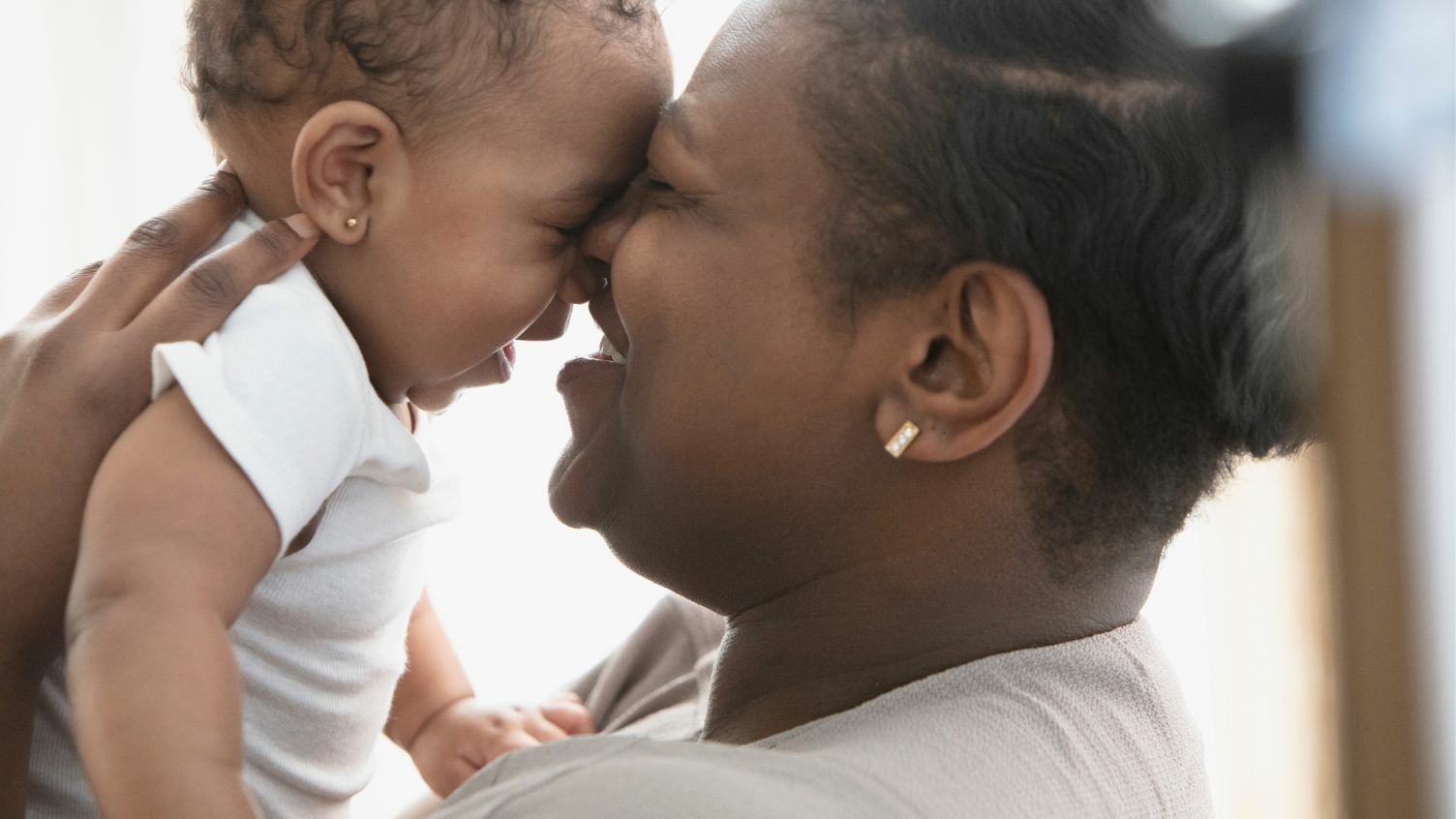Research ambassador promotes the importance of health research
- 5 March 2020
- 4 min read
Anthony Austin is a Research Champion at Dorset County Hospital NHS Foundation Trust. In this role, he helps to spread the word about the importance of health research. Find out about his experience and his reasons for getting involved.
Please tell us a little bit about yourself and your experience of health research
I’ve been involved in the NHS since 1990, when I was appointed Executive Director of Human Resources for a new trust in Kent. In 1993, I was given the same role for a trust in Scotland which was about to be commissioned. I was on two major Scottish office committees dealing with NHS issues.
I was also the Director responsible for providing Occupational Health support to all the Trusts in Fife – some 9000 staff – and I contracted our services, at considerable income benefit, to the Royal Navy in Forsyth. I retired from the NHS in 1998. In 2006, I was asked to help our GP group in Shaftesbury establish the patient reference group which I did and ran until 2014.
Way back, in 1960, I joined the BBC and spent time as a BBC Announcer, Producer and, for 20 years, worked in news and current affairs. During this time, I was also the BBC’s representative to the Royal Society of Medicine for 15 years. I was on the lay society of that to link between industry and Occupational Medicine.
While age has brought with it inevitable physical changes and problems, it has also brought experiences of surgery, with ICU on several occasions. I have a huge respect for those that have our “life in their hands”.
In 1995, I had carotid artery surgery and was entered into a research programme, and I’m still in that research programme. Research is the foundation of successful change.
When I joined up to be a research ambassador, my objective was to look at the care of both the elderly and the ageing.
What was it that motivated you to become a research champion?
As a Shaftesbury Town Councillor, I was contacted by a 100 year old lady who was confused (though had a sharp mind and resilience) about the way she was being given a service and also by the way she was treated on the occasions she was admitted to hospital.
My research into her treatment convinced my earlier views that the way we treat those from 55 years old to end of life is a field which has huge hurdles. I am working on a research project plan to submit through our Head of Research, Zoe Sheppard, at Dorset County Hospital.
What kind of activities have you been involved with and what difference do you feel that they’ve made to others?
I’ve been involved in quite a lot with Zoe Sheppard and her colleagues. The principle way I’ve been involved is with the ICU National Research programme looking at the way ICU patients are entered into research processes. Both my wife and I were involved - I as a patient, she as a relative.
Through my own background in HR, I’m giving the DCH education and research units help in developing presentation skills.
How do you think those activities have benefited research?
In terms of benefiting research, I think the most important things are the jargon and the simplicity of presentation to make certain that patients can understand what’s going on and the reasons why. You need to use language to explain and to simplify to avoid confusion. I think that’s already helping because we look at these issues very specifically with the people who have been on the presentation skills courses.
Recently I and a co-ambassador were invited to support a research nurse who was putting in a case. It was quite complicated and she presented the material to us. Together, we worked through it with her in a way that would help make it sound clearer and more positive.
How has being a research champion benefitted you and how have you been supported?
To my mind, the principal benefit would be that I’ve got something that I can do which is going to help somebody to do something better. I’m lucky, I’ve got a skill that can then be used in that way. It’s also giving me opportunities to hone my own skills and use my knowledge for the advantage of other people.
Research is often a misunderstood concept. It is not only valuable but vital to progress. We’re looking at ways that research ambassadors can come in to talk to patients, and relatives of patients, who are undergoing quite severe problems. This could help them realise the benefits that research could have on them. De-jargonising research terms for people who are entered into programme is essential.
Find out more
In 2019, the work of Dorset County Hospital's research volunteers, known locally as Patient Research Ambassadors, was recognised at the CRN Wessex Awards. The group received the award for excellence in patient and public involvement and engagement in recognition of their work to promote the benefits of health and care research.
Find out more about research at Dorset County Hospital
To find out more about how you can get involved in health research or become a Research Champion, please visit bepartofresearch.nihr.ac.uk


